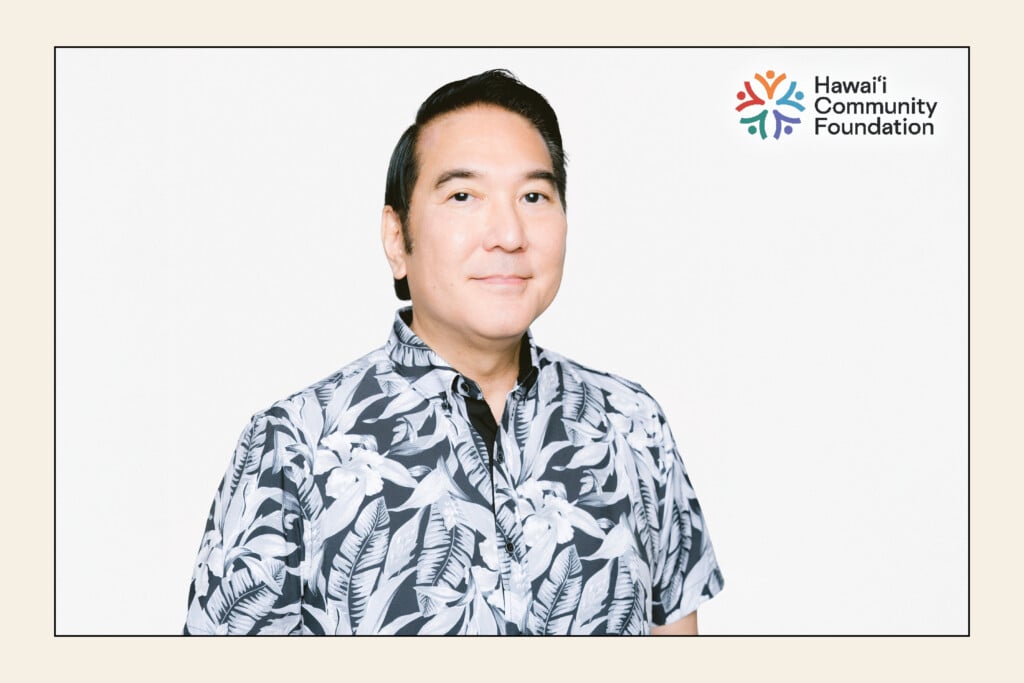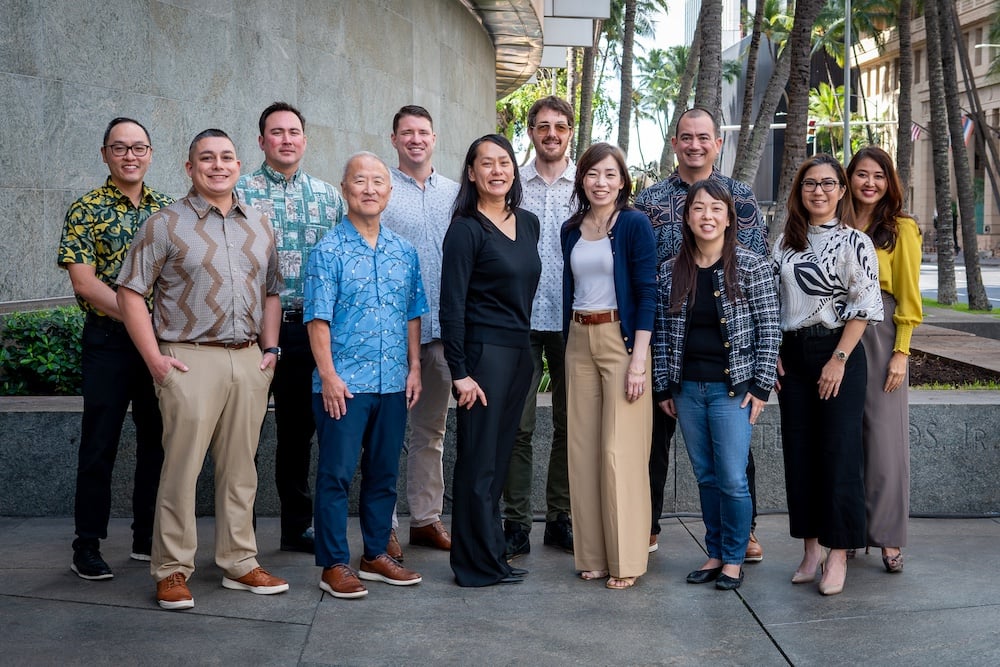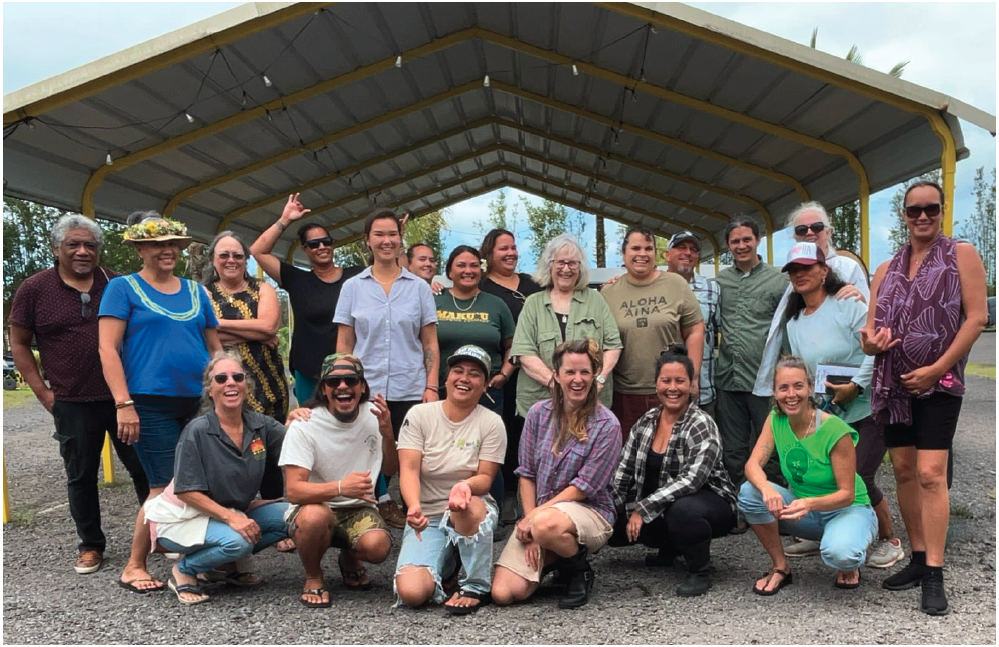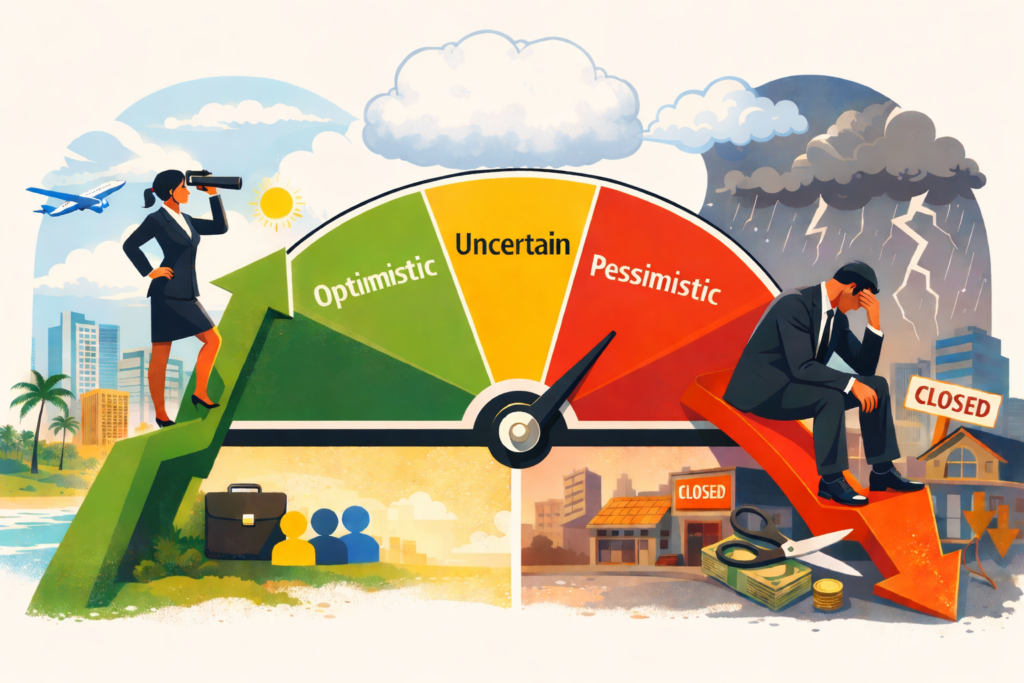Health and Wellness for All
Gregg Kishaba discusses HCF's approach to making health care accessible across Hawaiʻi through strategic grant programs and community partnerships.

As the Hawaiʻi Community Foundation’s Health and Wellness Program Director, Gregg Kishaba oversees a broad range of grant programs supporting efforts to ensure that effective health care is accessible to all in Hawaiʻi. We sat down with Gregg recently to learn more about how he approaches this work.
Q: How would you explain HCF’s approach to health and wellness, as a sector?
A: It’s been found that only 20 percent of a person’s overall health and wellness depends on clinical care received in a health care setting, such as your doctor’s office. The other 80 percent is influenced by your health behavior, socio-economic factors, and your physical environment. Health behaviors include things like tobacco use, diet, exercise, and alcohol. Socio-economic factors include your level of education, your employment, whether you have family and community support systems. And the final factor is the environment in which you live—air quality, housing, transit. That is why effective health care is such a challenge, because everything is connected. If we don’t have a strategy that tackles all these issues in a holistic way, we’re not going to get the positive outcomes we’re looking for.
Q: You’ve talked about the importance of shifting health care resources and decision making to community members who are closest to the solutions. What does this look like in practice?
A: We can throw a lot of money at health care, but, unless the community becomes an active part of the solution, we’re not going to achieve success. State Rep. Jill Tokuda tells a story about a conversation she had with a Lānaʻi kupuna. The kupuna said, “We love Hawaiʻi, we love our island, but it’s hard to be born here and it’s hard to die here.” And that’s because there’s very little healthcare available for pregnant mothers on Lānaʻi, and very little care for kūpuna on island as they enter their sunset years. That is a hard-earned perspective from someone who has been in that small community their whole life, and it highlights the specific things we need to work on to improve health and wellness on Lānaʻi. That kind of community input is so powerful.
Q: What’s the best way to improve health and wellness in Hawaiʻi?
A: I say start with education. It’s a great equalizer. If you can provide a student with a good education, there’s nothing that can stop them, and they can achieve at the highest levels. Not just traditional education, but also training people to become leaders in their community, so they’re empowered to make positive change.
Q: Earlier this year, the federal Centers for Disease Control and Prevention (CDC) eliminated its Office of Smoking and Health. What impact is that having in Hawaiʻi?
A: Tobacco use is the leading cause of preventable death and disease, so to see that office dismantled is shocking and disheartening. At the state level, this situation makes the Hawaiʻi Tobacco Prevention and Control Trust Fund even more crucial. We’re working to protect and preserve the trust fund, to ensure these essential resources are available to support the tobacco control community. Changing health behaviors like tobacco use takes years to accomplish, and the organizations and coalitions we support are just the gold standard of doing what it takes, over the long game. It’s such a hard job, but they persevere.
Q: How is HCF engaging with the health and wellness sector?
A: Since 2023, we’ve been supporting a Health and Wellness cohort of 20 nonprofits, granting out $886,000 to date for a wide range of services that are creating a more resilient and equitable health ecosystem in Hawaiʻi. And, in August 2025, we awarded $282,500 in seed grants to 17 nonprofit organizations to support messaging that reduces mental and behavioral health stigma within Island communities. We’re taking a broad, strategic approach, and I’m excited to see the outcomes from these nonprofit organizations in the upcoming months and years.
To learn more about HCF’s approach to health and wellness, visit hawaiicommunityfoundation.org/change







